Went into urban nature to do a shoot with Stefanie Salzmann. Weaving branches and Stefanie’s textile works into a shelter.
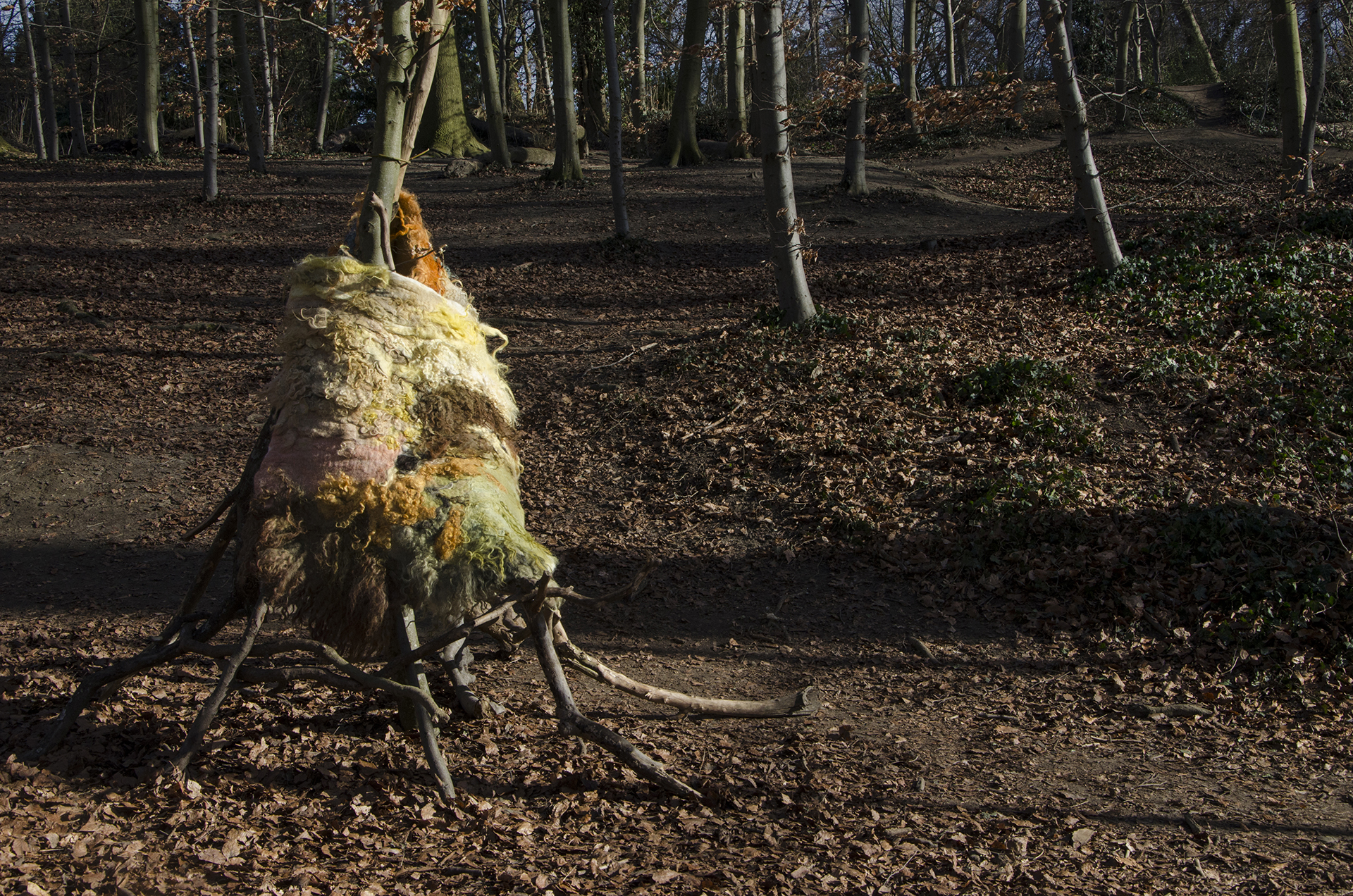
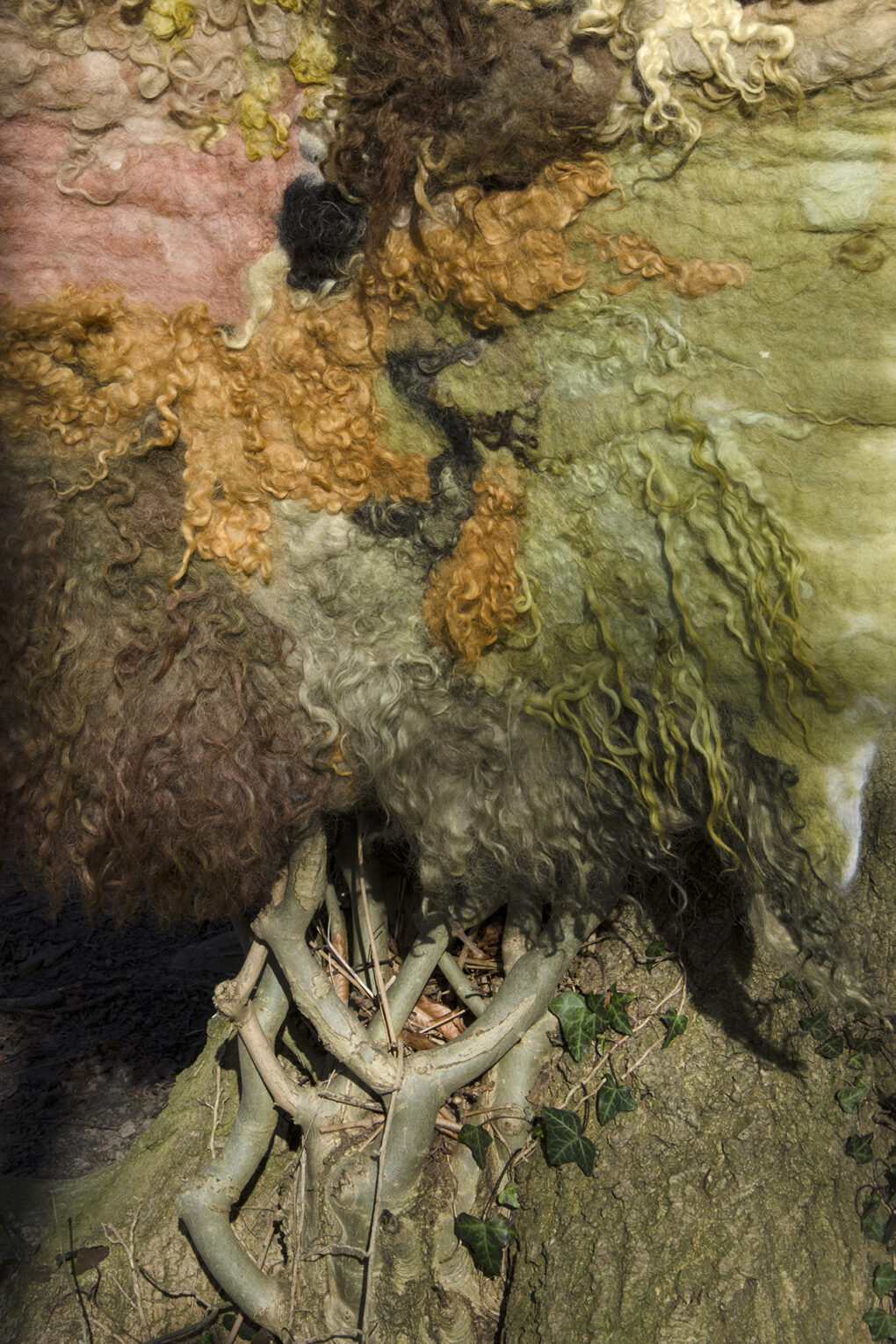
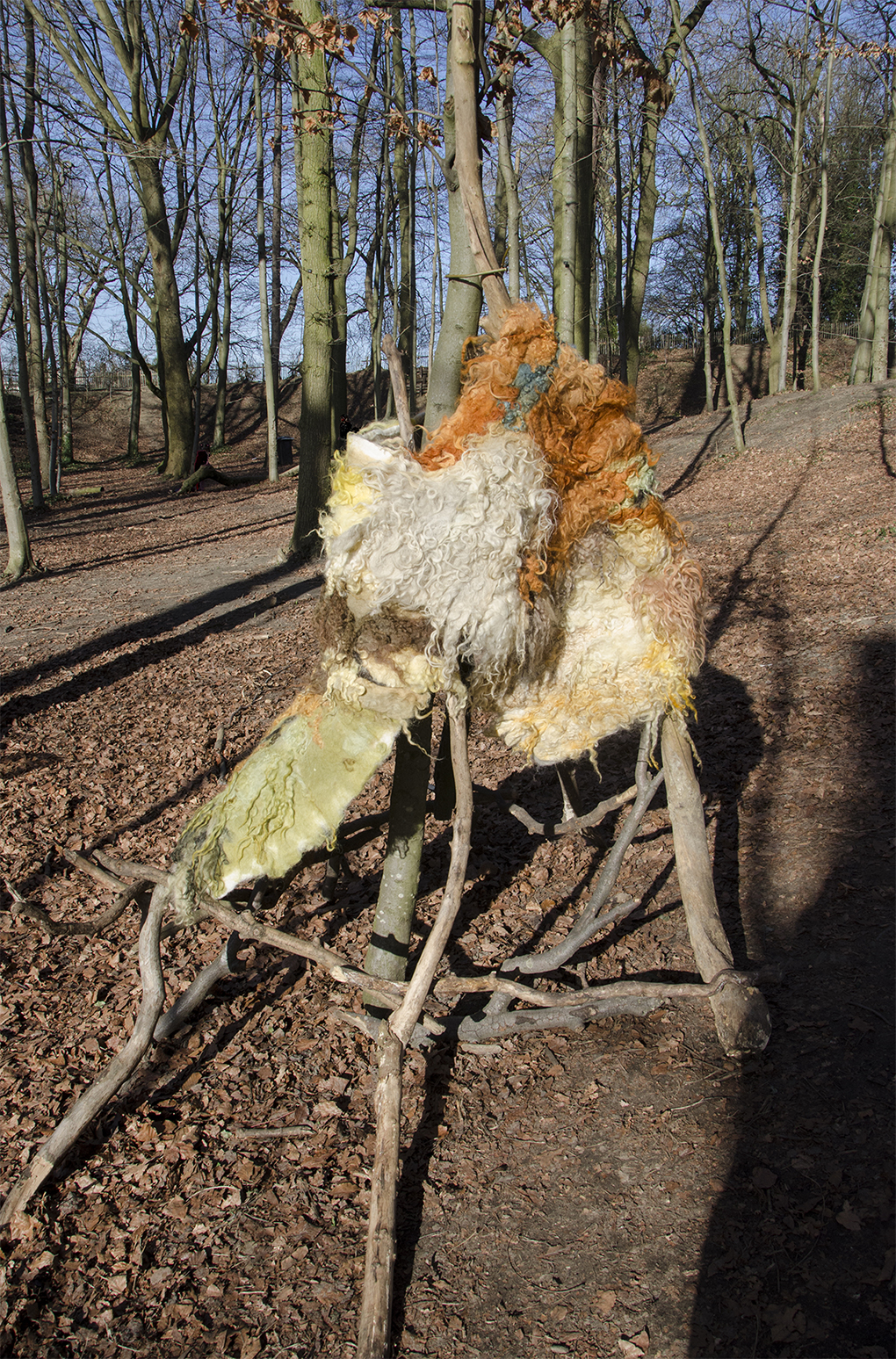
to glitch the home (to heal) _ pt2 . .
The project glitches the home and the position that it entails in a patriarchal late-capitalist landscape. Between the Western European witch hunts in the middle ages to Poland that currently completely banned abortion, there have been consistent attacks on our homes, the places where we find shelter. Why is it that for minority groups the concept of home is so traumatic? From the oppressiveness of social housing architecture, the position of privilege that organised nature in cities entails to the exclusion of queerness in the nuclear family, inequality is seen whenever we think of home.
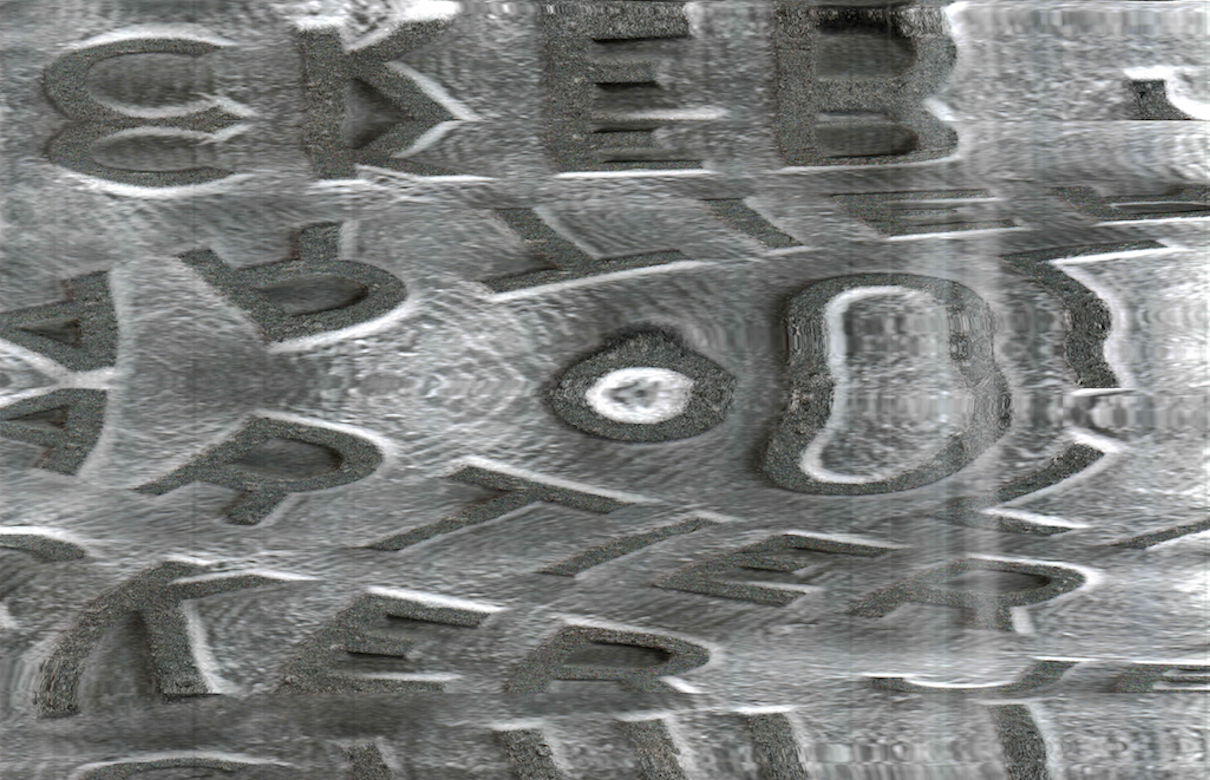
_ _ _to glitch the home (to heal) . .
In German, the word “heim” is a part of the word “unheimlich”. In other words,
you can’t speak about horror, without speaking about the home. When we look at the Dutch language we find the same linguistic ambiguity. The very first word that was used to refer to the home is “hol”. A hole in the ground was a place where our nomadic ancestors could find shelter and hide themselves from danger. The word “hel” comes from this very same word, as it refers to a hidden world, the underworld. Again this link between horror and the home. The word hol/hel, however, was in Old English written down as “heal”.
(glitching and gathering nature has found it’s way into the myth of the home)

Digital tribalism: glitching & gathering nature . .
Nature was historically primarily a resource for the poorer class, a common place for collecting herbs and food and assembling nightly meetings. However, greenery is in a contemporary urbanistic context more a luxury than a given and organised nature in cities often entails a position of privilege.
I’m aiming to reconnect the different social realities that nature entails by creating a new myth, a temporary reality in which nature is used as a source to find natural objects, glitch digital images and show hidden inequalities in modern cities.
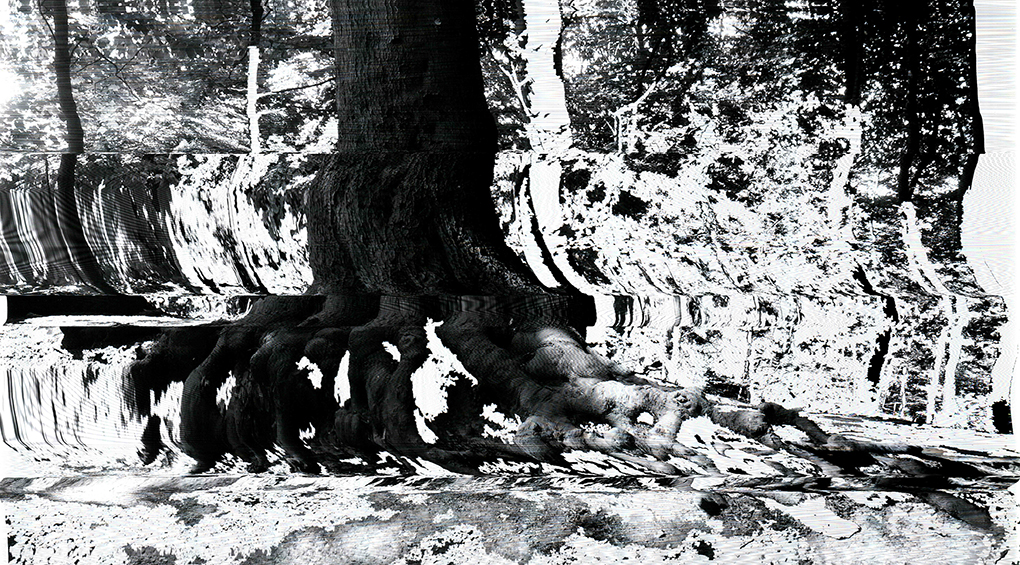
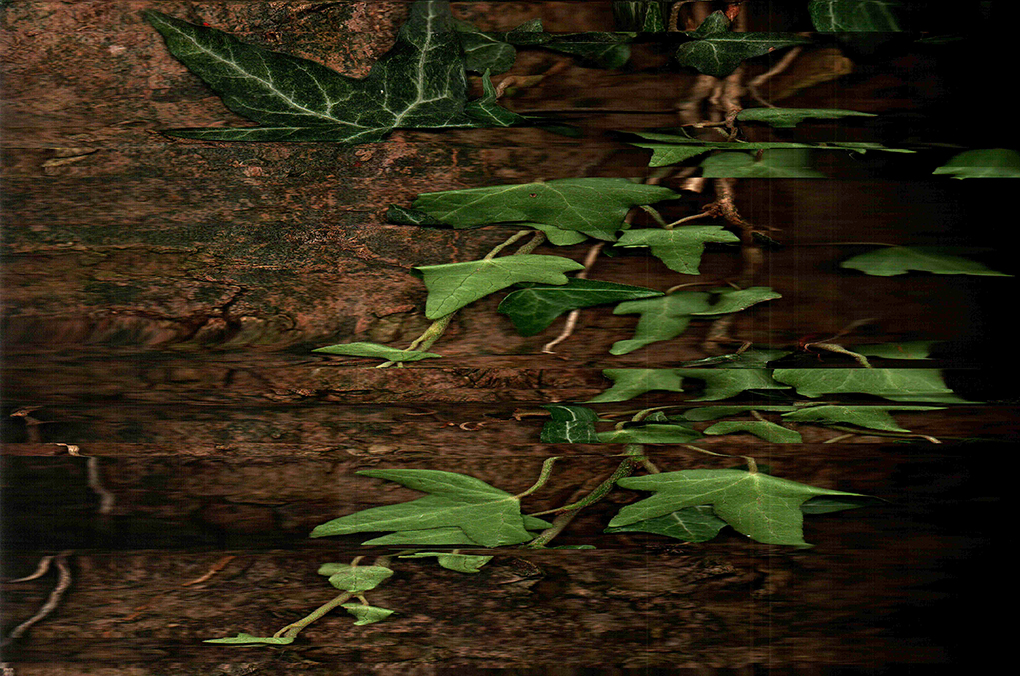
digital tribalism_:-:-:_digital collage of natural forms and glitched noise
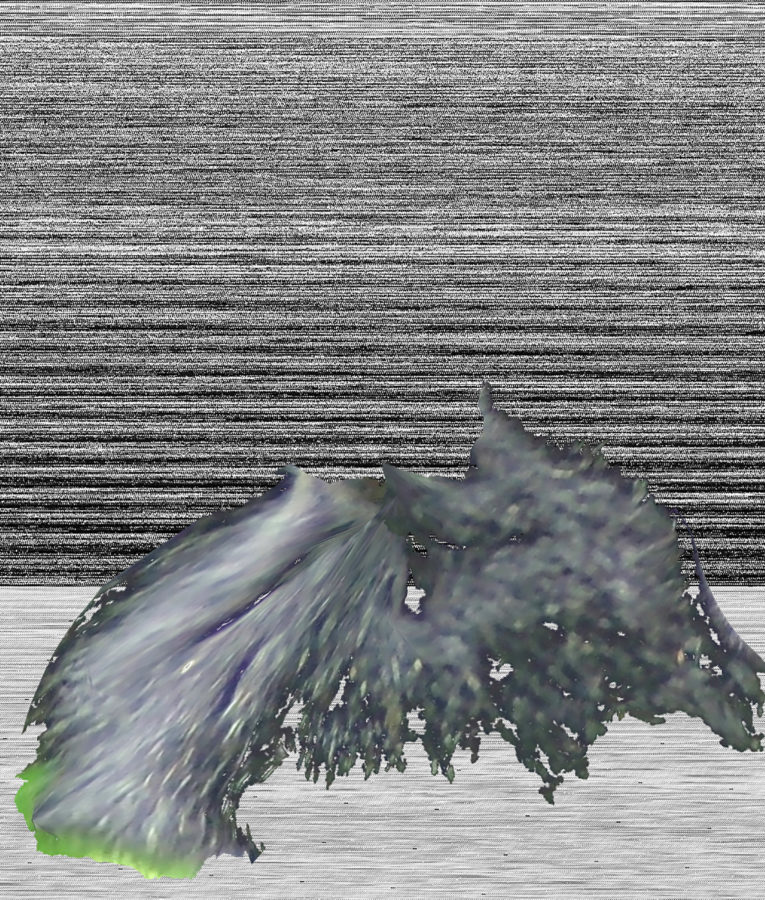
digital tribalism_sigil

Looking into the aesthetic of occult activism and searching for elements and symbols that can be re-interpreted and digitalised. Sketching with sigils and afterimages.
Fear from “the better sorts” for the “lower classes” expressed itself as an attack on popular magic. The battle against magic has always accompanied the development of capitalism. The people who practiced rituals were mostly poor people who struggled to survive, always trying to stave off disaster. This unpredictability implicit in the nature of magic went against the capitalist organisation of work that was aimed at controlling nature. Magic seemed a form of refusal of work, insubordination and an instrument of grassroots resistance to power.
The world had to be disenchanted in order to be dominated. (S. Wilson).
digital tribalism_\||//

digital tribalism_circles
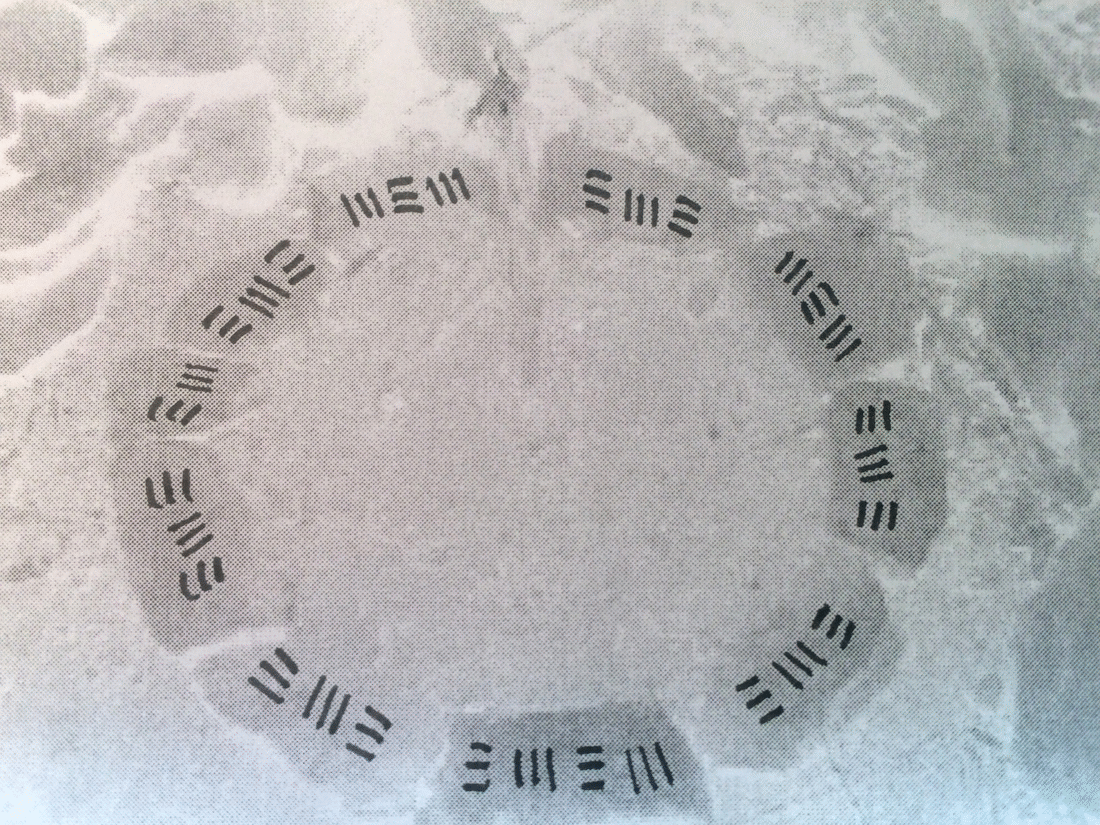
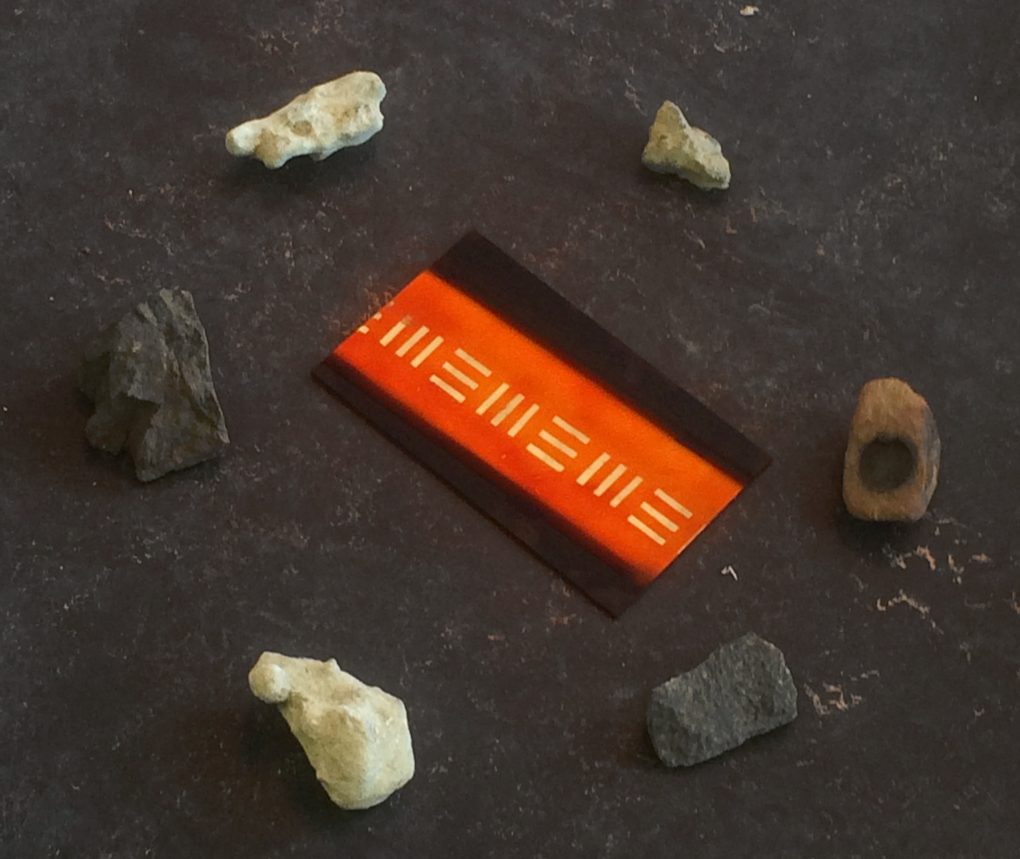
Been experimenting with the concept of artificial circles: combining natural elements and shapes with retro-futuristic colours and materials. Partly inspired by the concept of “heksenkring” in Dutch, literally translated as “witch circle”: the natural phenomena of mushrooms occurring in a circle which (particularly) in Western Europe was subject of much myth and mystery.
“The definition of women as demonic beings, and the atrocious and humiliating practices to which so many of them were subjected left indelible marks in the collective female psyche and in women’s sense of possibilities. From every viewpoint – socially, economically, culturally, politically – the witch-hunt was a turning point in women’s lives; it was (…) the cause of the downfall of the matriarchal world. For the witch-hunt destroyed a whole world of female practices, collective relations, and systems of knowledge that had been the foundation of women’s power in pre-capitalist Europe, and the condition for their resistance in the struggle against feudalism.”____S. Federici, (2011), “Caliban and the witch”, 102-103
V O I D : installation sketch + exhibition space
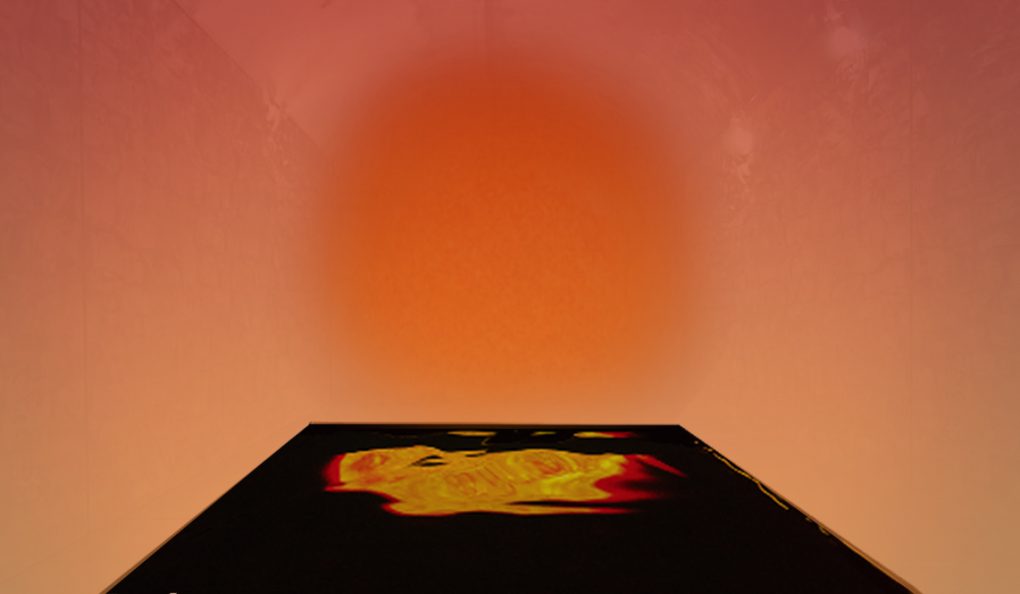
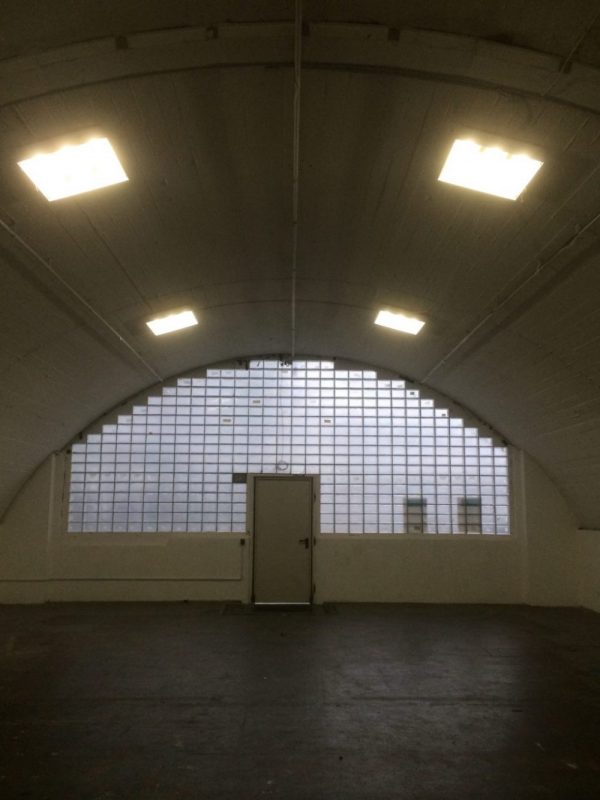
Digital Tribalism: early mindmap
